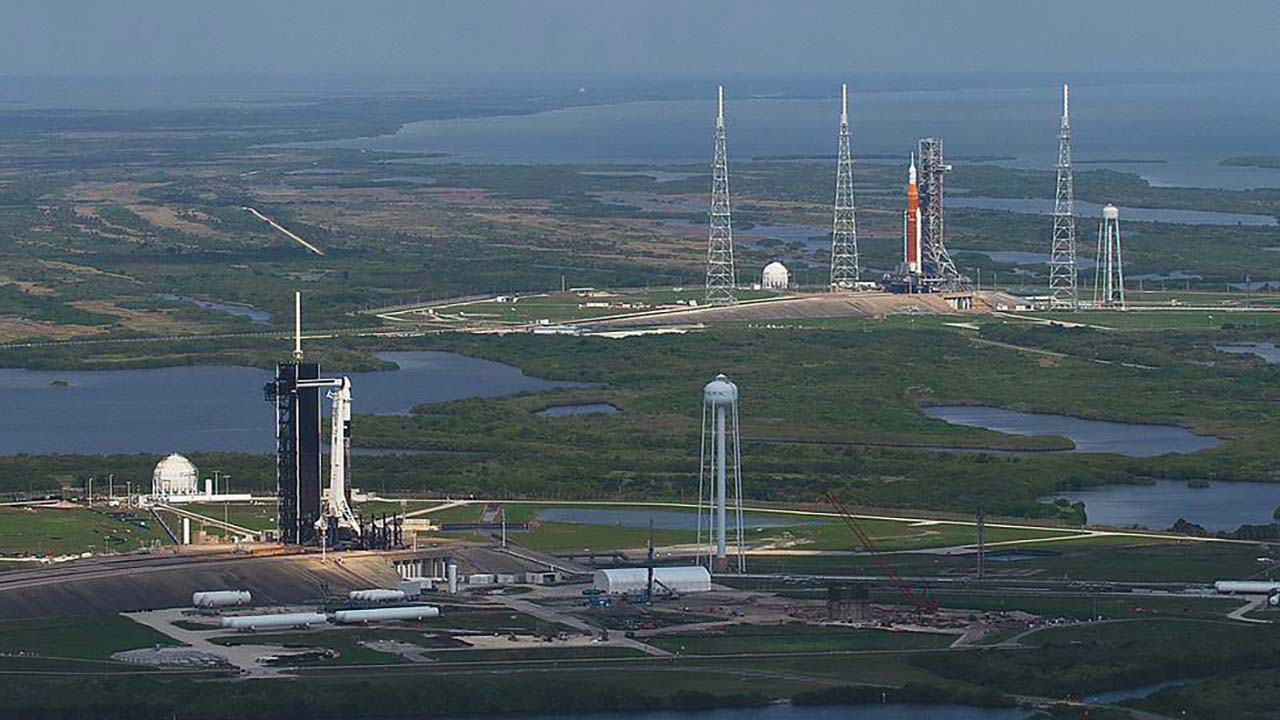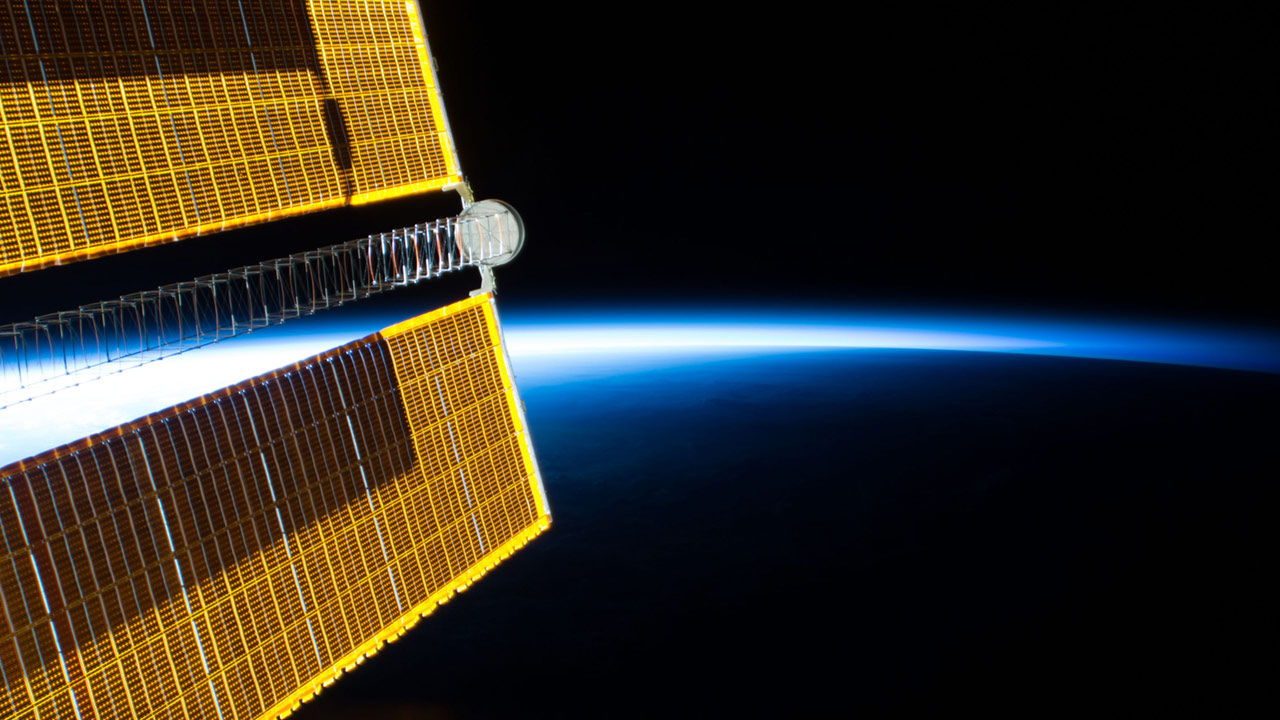Researchers at the University of California San Diego (UCSD), together with Space Tango, received an award of nearly $5 million from NASA to develop a new dedicated stem cell research laboratory on the International Space Station (ISS). The award also supports the launch of three initial research projects that will utilize the stem cell lab, including a project on brain organoids that builds on previous ISS U.S. National Laboratory-sponsored research.
Microgravity induces many changes in the human body, and space-based studies can provide accelerated models of aging and disease. The UCSD team’s initial ISS National Lab investigation, which launched on SpaceX’s 18th commercial resupply services mission, explored microgravity’s effects on stem-cell derived brain organoids—three-dimensional cellular models that represent aspects of the human brain.
The UCSD team is also working on a second ISS National Lab-sponsored investigation, expected to launch later this year, that will use a brain organoid model on the ISS to study neurological disease. Findings could provide a better understanding of the mechanisms behind neurological disease and could eventually lead to new treatments for conditions such as Alzheimer’s disease. The NASA award will allow the UCSD team to continue to advance their brain organoid research within the newly developed ISS stem cell lab.
With hardware designed by Space Tango, the ISS stem cell lab is expected to be fully operational by 2025, with the project’s first flight planned for mid-2021. In addition to the brain organoid research project, the NASA award supports two other research projects to be carried out within the stem cell lab: one focused on blood cancers and immune reactivation syndromes and the other focused on liver cell injury and repair. Results from these spaceflight studies could help accelerate the development of new therapeutics for a wide variety of degenerative diseases back on Earth.
“We envision that the next thriving ecosystem of commercial stem cell companies, the next nexus for biotechnology, could be created 250 miles overhead by the establishment of these capabilities on the ISS,” said Dr. Catriona Jamieson, co-principal investigator of the award and lead for the research project on blood cancers and immune reactivation syndromes. Jamieson is Koman Family Presidential Endowed Chair in Cancer Research, deputy director of Moores Cancer Center, director of the Sanford Stem Cell Clinical Center, and director of the CIRM Alpha Stem Cell Clinic at UC San Diego Health.
For more information, see these press releases from UCSD and Space Tango.






